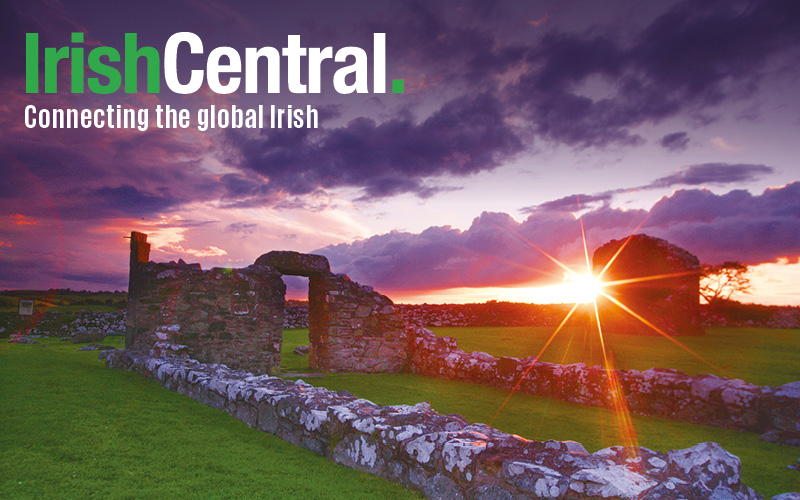Drew University in New Jersey returns to Ireland this month for the second annual Transatlantic Connections Conference, a unique event run by the Caspersen School of Graduate Studies-Irish Studies Program at Drew.
Over 90 delegates from the U.S., Europe, Ireland, Africa and Asia will participate in the conference. The general theme of this year’s conference is peace and conflict resolution. This theme will be explored in literature, history, sport, arts and music, and popular culture.
To launch the week-long event, on Monday, January 12 in Dublin the Center on Religion, Culture and Conflict at Drew University will present a peace maker award to Irish Voice founding publisher Niall O’Dowd, to acknowledge his highly significant contribution to the Irish peace process. Guest speakers will include Minister Joe McHugh, Professor Christine Kinealy, humanitarian Don Mullan, and Sinn Fein’s Mary Lou McDonald.
O’Dowd led an Irish-American peace delegation to Northern Ireland after President Bill Clinton was elected and acted as an intermediary between Sinn Fein and the White House at a critical period in the peace process. He played a key role in securing a U.S. visa for Gerry Adams in February 1994.
His role was featured in the book Daring Diplomacy by Irish Times journalist and also in an RTÉ-PBS documentary entitled An Irish Voice. He created the U.S. Ireland Forum, a forerunner of the diaspora forum held by the Irish government in 2009.
O’Dowd is the founder of IrishCentral.com, the Irish Voice and Irish America magazine, and was an adjunct professor of journalism at Columbia University. In much of his work worldwide, he has addressed the importance of diaspora involvement in seeking conflict resolution.
Drew Transatlantic Connections Conference delegates spend a few days touring North West and Northern Ireland, visiting sites associated with The Troubles and the peace process, prior to the conference, which begins on Thursday, January 15 at the Atlantic Apartotel in Bundoran, County Donegal.
The conference model is unique, in that the panels are open to the public, and presenters include local experts, academics, professionals and enthusiasts in a variety of cultural pursuits. As expected, Irish and Irish American literature and history are on the agenda, but so too is surf culture, skateboard culture, revolutionary women, the Irish language, Irish food and drink, medical humanities, peace studies and more.
For the full conference schedule, visit www.drew.edu/irish.




Comments